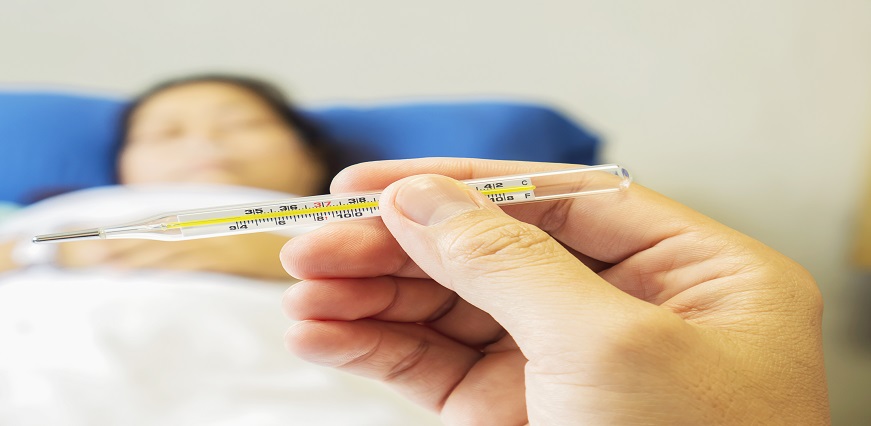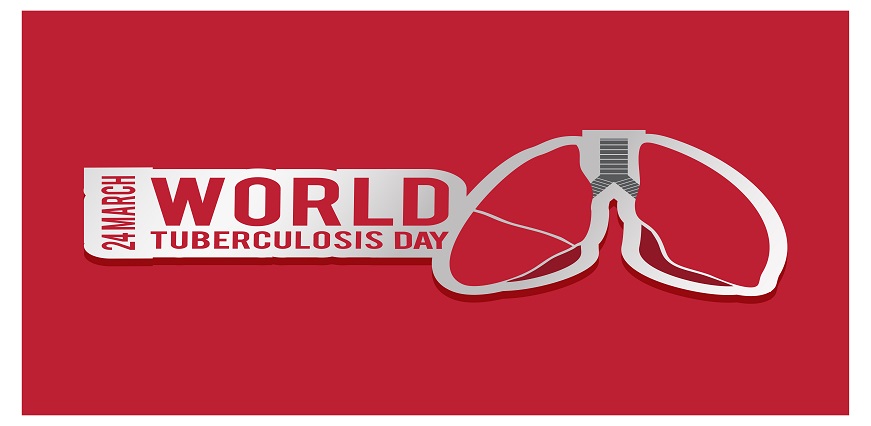





No lab centers are available in this city

Max Lab
May 05, 2023
Are you constantly feeling your heart racing or pounding in your chest? You might be experiencing tachycardia. This condition is characterized by a rapid heartbeat, which can leave you feeling anxious and uncomfortable. Tachycardia can occur for various reasons, ranging from lifestyle choices to underlying medical conditions. In this blog post, we will discuss the symptoms, causes, diagnosis, treatment options, and prevention methods of tachycardia. So keep reading to learn more about this common yet concerning health issue!
Tachycardia is a condition that refers to an abnormally fast heart rate, typically above 100 beats per minute. This can happen at rest or during physical activity and may be caused by various factors such as stress, anxiety, fever, dehydration or medications.
Several factors can trigger tachycardia, including medical conditions, lifestyle choices, and genetics.
Medical conditions are one of the leading causes of tachycardia. For instance, coronary artery disease (CAD), high blood pressure (hypertension), and hyperthyroidism can cause the heart to beat abnormally fast. Other health issues such as pulmonary embolism, cardiomyopathy, and atrial fibrillation can also lead to tachycardia.
Emotional stressors can also trigger tachycardia episodes in some individuals. Anxiety disorders or panic attacks may cause rapid heartbeat rates due to sudden surges of adrenaline in the bloodstream.
Inherited genetic abnormalities might be another possible cause of some people's heart rhythms being irregularly fast without apparent reason.
Symptoms of Tachycardia can vary depending on the individual. Some people may not experience any symptoms at all, while others may have severe symptoms that require treatment.
One common symptom of tachycardia is a rapid heartbeat or palpitations, which can feel like your heart is racing or pounding in your chest. You may also feel short of breath, dizzy, lightheaded, or faint.
Other symptoms include fatigue, weakness, and chest pain or discomfort. In some cases, tachycardia can cause nausea or vomiting.
If you experience any of these symptoms regularly for no apparent reason, it's important to see a doctor to rule out any underlying medical conditions that could be causing them.
Diagnosing tachycardia involves a series of tests to determine the underlying cause and severity of the condition. Initially, your doctor will conduct a physical exam and check your heart rate to confirm if you have tachycardia.
Next, an electrocardiogram (ECG) is usually performed to record the electrical activity in your heart and identify any abnormal rhythms or patterns. A Holter monitor may also be used which is a portable device that records your heartbeat for 24-48 hours while you go about your normal daily routine.
Your doctor may also recommend blood tests to check for underlying medical conditions such as thyroid problems or anemia that could be causing tachycardia. Other imaging tests such as echocardiography or cardiac MRI may be ordered to assess the structure and function of your heart.
In some cases, electrophysiology studies (EPS) are performed. This involves inserting catheters into veins in the groin area that are guided up toward the heart where they measure electrical signals. EPS can help pinpoint areas in the heart where abnormal rhythms originate from.
Treating tachycardia depends on the underlying cause and severity of the symptoms. In some cases, treatment may not be necessary if the tachycardia is mild or intermittent. However, if it causes discomfort or increases the risk of complications, medical intervention may be required.
One common approach to treating tachycardia is through medication therapy. This involves using drugs that can help regulate heart rate and rhythm such as beta-blockers, calcium channel blockers, or anti-arrhythmic medications.
In more severe cases where drug therapy is ineffective or contraindicated, other options may include electrical cardioversion or catheter ablation procedures. Electrical cardioversion uses electric shocks to reset the heart’s rhythm while catheter ablation involves destroying small areas of tissue in the heart responsible for causing irregular rhythms.
Preventing tachycardia involves adopting a healthy lifestyle and avoiding triggers that can cause rapid heart rates. One way to prevent tachycardia is by managing stress levels through techniques such as meditation, yoga, or deep breathing exercises. Regular exercise also helps in maintaining cardiovascular health and preventing irregular heartbeat.
Maintaining a balanced diet by consuming foods low in sodium and cholesterol can significantly reduce the risk of developing heart diseases that contribute to tachycardia. Quitting smoking and limiting alcohol consumption are other essential steps toward reducing your chances of experiencing an abnormal heartbeat.
It's important to monitor any medications you're taking regularly since some drugs have side effects that may trigger tachycardia. Always consult with your doctor before adding or changing any medication regimen.
Tachycardia is a common condition that affects many people but can be managed with proper diagnosis and treatment. While there are several causes of tachycardia, it's essential to identify the underlying cause to determine appropriate treatment options.
Remember that prevention is always better than cure. Adopting healthy lifestyle habits such as regular exercise, a balanced diet, stress management techniques and avoiding triggers like caffeine or alcohol can go a long way in preventing tachycardia episodes.












Sign up takes less than 60 secs and gives you access to your offers, orders and lab tests.
Looks like you are not registered with us. Please Sign up to proceed
OTP will be sent to this number by SMS
We have successfully received your details. One of the agents will call you back soon.
 To reach our help desk call 9213188888
To reach our help desk call 9213188888
No Lab Centers are available in this city
Looks like you are not registered with us. Please Sign up to proceed
OTP will be sent to this number by SMS
Not Registered Yet? Signup now.Looks like you are not registered with us. Please Sign up to proceed





 7982100200
7982100200.png)
Comments